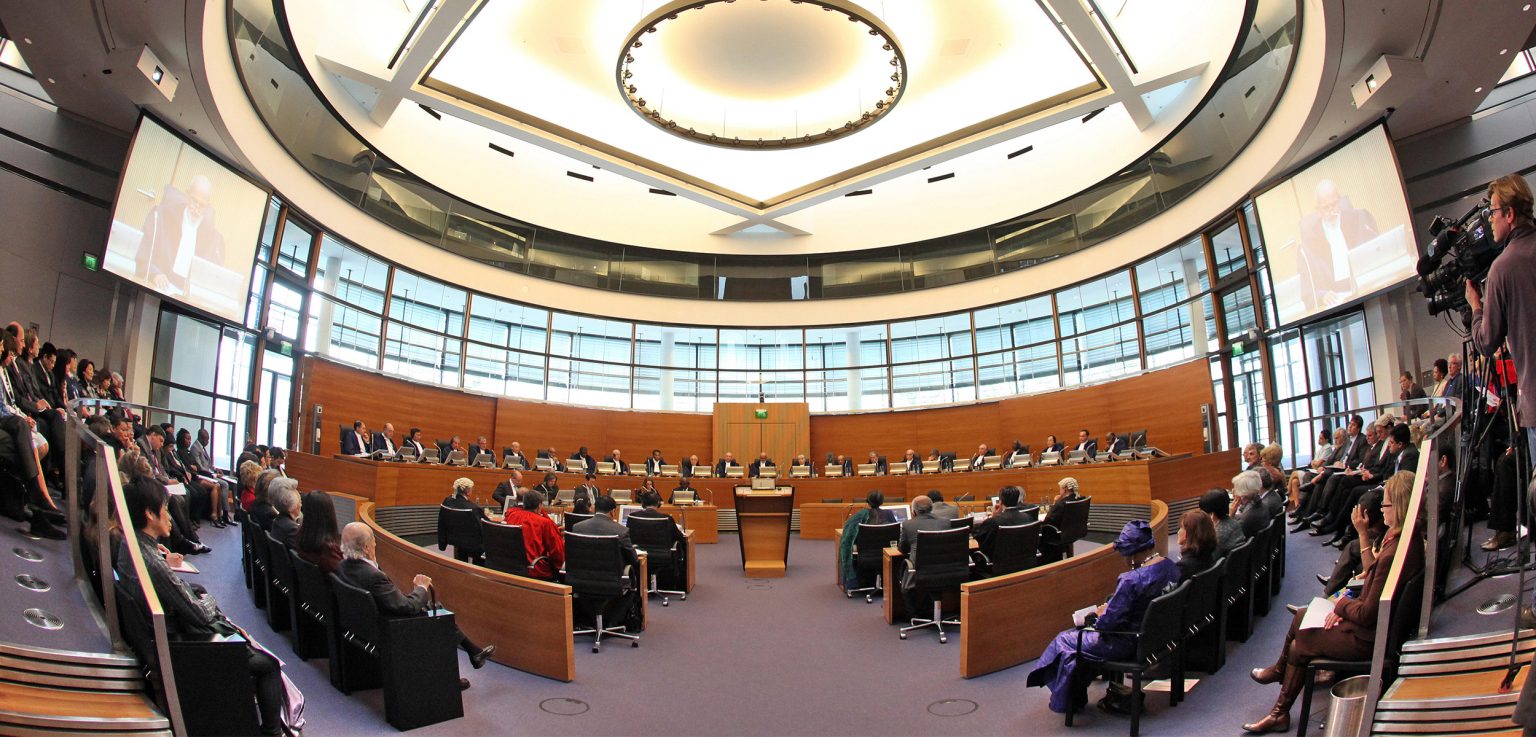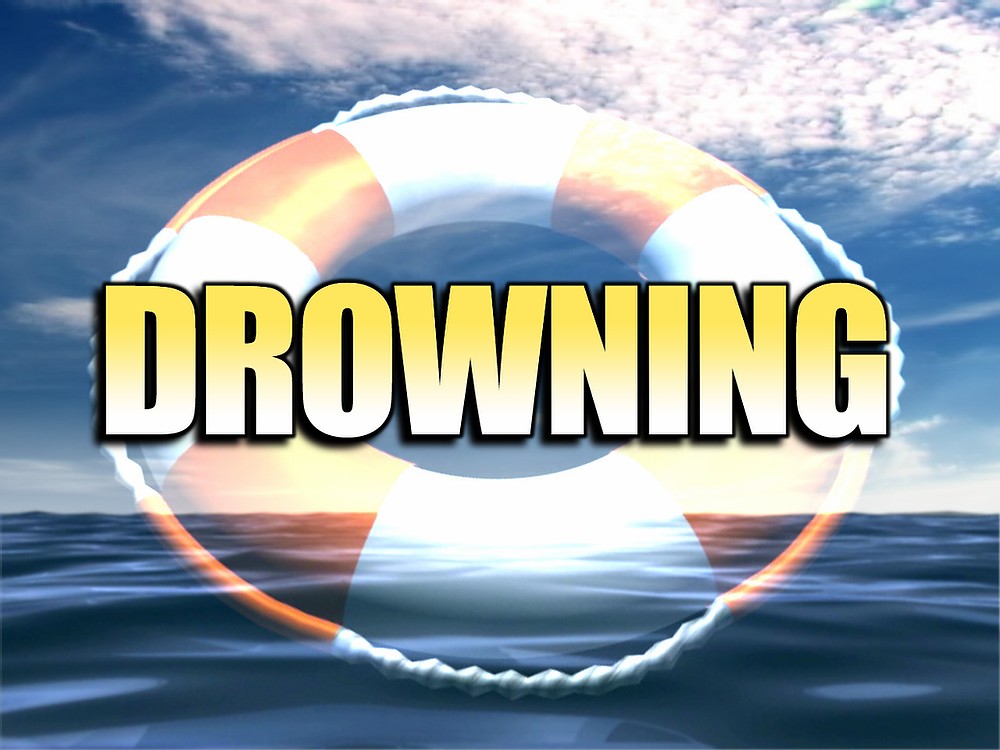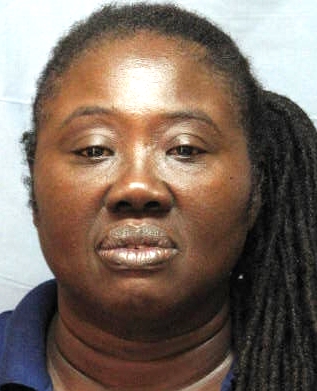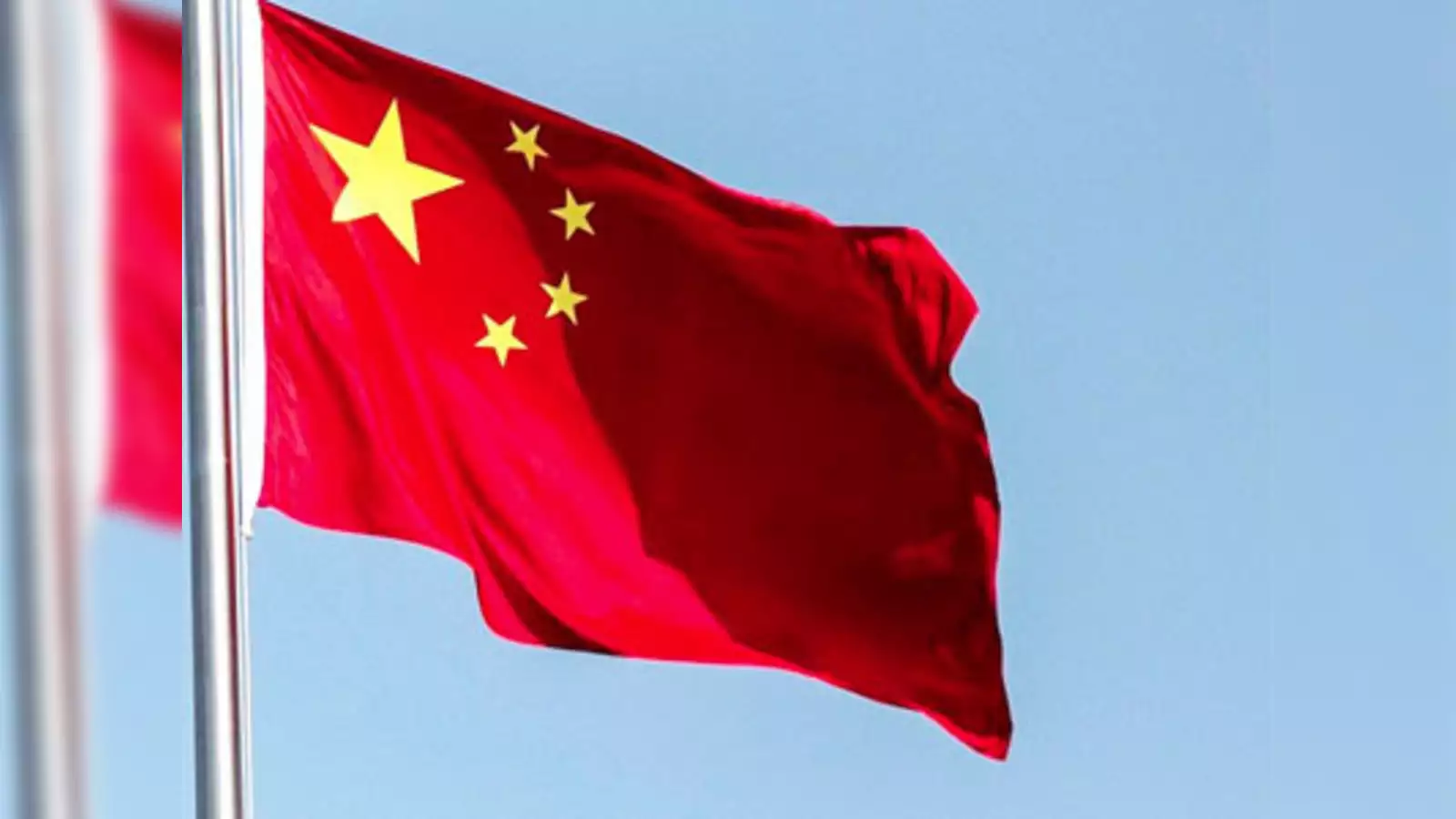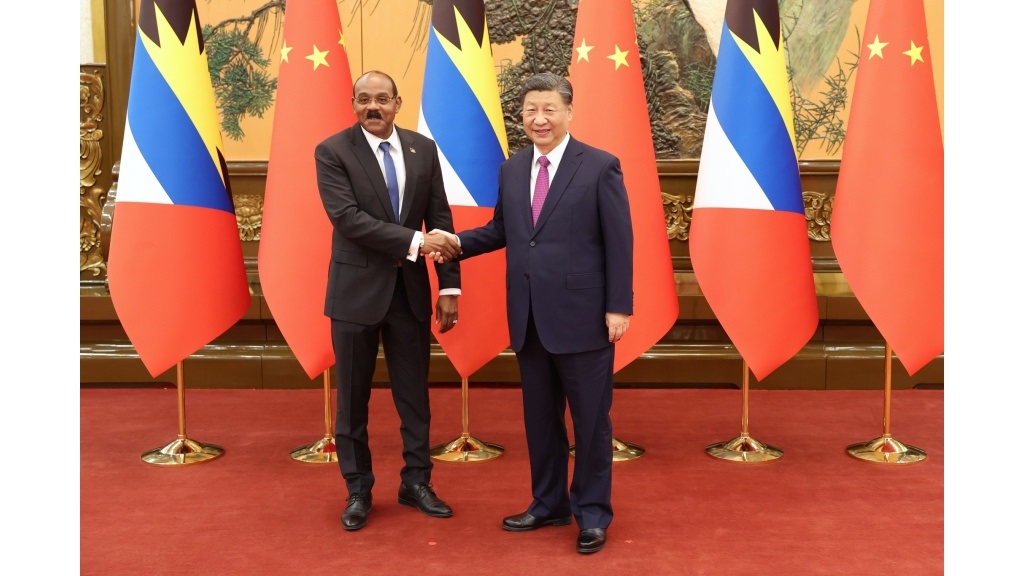Early research is now indicating possible efficacy of cannabis against COVID-19 infection.
In Christendom, over the past century, no plant has been studied, researched, and published more than has cannabis.
The research is driven by a body of cultural science which speaks to the efficacy of cannabis in mood alteration, pain, nerve, and inflammatory disorders. The fact that much of modern therapeutics has been derived from testing folkloric cultural science, endorsing and manipulating the information into modern medicines cannot be gainsaid. That’s how big pharma has come about and many of the staple medicines for diseases of the heart, joints, nerves et al have had their beginnings in what the people know and do from time immemorial.
Where is Jamaica in all this?
It is well established that growing in Jamaica are over 50 per cent of the known plants with medicinal potential. Any that has come to worldwide acceptance and use have been attributed to other countries, even though their research began by embracing the cultural medicinal prudence originated in Jamaica.
Take, for example, the anti-cancer drug Vincristine. It was derived from our own periwinkle (ram goat roses) and studied because the folklore had it as useful in diabetes care.
The Canadian scientists who studied it, whilst not finding any support for its alleged anti-diabetes efficacy, however, discovered its effect on cancer cells. Today vincristine is a staple in treating some blood cancers. The periwinkle is sourced from Madagascar and the recognition sits in Canada.
Had money been made available for research pursuits, then possibly the investigations could have been carried out here in Jamaica by Jamaicans and for Jamaicans.
Manley West and his colleagues found that cannabis extracts lowered the pressure in the eye. He was loath to share details of his discovery, being well aware of the periwinkle story, and as a result his product never penetrated the worldwide market. He started his studies because the fishermen from his home village, Manchioneal, Portland, claimed improved eyesight at night after smoking cannabis. Manley’s discovery in the 1970s was the first such in the world to lend scientific support for the medicinal properties in cannabis.
Cannabis entered Jamaica in the late 18th century and already its medicinal properties were being touted, but its use was suppressed both locally and worldwide. In the mid-20th century Israeli scientists discovered the ingredients in cannabis which were believed to be having medicinal effects.
They were called exo-cannabinoids. Towards the end of that century, the same Israeli scientists described a system in the body which used similar compounds. They called them endocannabinoids and the system, the endocannabinoid system. It has subsequently been shown that this system manipulates mood, pain reception, inflammation, and nerve activity, a testament to what the folklore or cultural science had known, believed, and practised in their homes and as herbal therapy over the centuries.
Jamaica was first out of the blocks…why is it now at the back?
Let’s embrace innovation
It did not require the philosopher to point out, “if you follow only in the footsteps of others then you will end up at an already known destination!”
That speaks to nothing new to be obtained from following the dictates of others while ignoring and marginalising your own ideas and aspirations. Whenever our local scientists put a foot forward, their further steps are constrained by lack of funds, expert personnel, and a belief in our own abilities.
One may ask, “What is innovation?” Innovation describes the development and application of ideas and technologies that improve goods and services or make their production more efficient.
Innovation usually starts on a small scale, for example, when a new technology is first applied in the company where it has been developed. However, for the full benefits of innovation to be realised, it is necessary for it to spread across the economy and equally benefit companies in different sectors and of different sizes. Experts call this process the diffusion of innovation.
Where is the support for our thinkers, inventors, and innovators? It is that group that can lead this country into new paths. Note, wherever there’s a good idea there are funds to support it, but those funds must not be allowed to take away the idea.
History repeatedly points out that successful innovations are initially incubated by governments and thereafter in some cases taken over by private sector entities. How can Government promote innovation? Suggestions from successful economies are:
(1) offer tax incentives for research and development (R&D);
(2) provide direct grants for R&D;
(3) support skilled migration;
(4) train workers in STEM (science, technology, engineering, mathematics) fields and the arts, and link training institutions to companies where the skills can be implemented;
(5) guide innovators to register their intellectual property rights; and
(6) encourage the use of registered intellectual property as collateral for start-up loans.
With such measures in place, plus a stable economy, entrepreneurs will now be enticed to risk their capital in venture support, and a successful outcome could well be underway for the idea-to-market transformation.
Where is cannabis in all this?
Jamaica’s recent relaxing of the laws surrounding cannabis to allow for research and development, especially into its medicinal potential, rings hollow as, while the raw material is abundantly available, the funds to pursue meaningful research are not forthcoming either from Government or the private sector. The medicinal potential of cannabis is deeply embedded in our cultural science and practices…and that is where it stops.
What Manley West initiated has not been sustained or promoted and we continue to harp on those founding days without contributing to the R&D that could create new opportunities for jobs and wealth for the country. Hence the golden promise of cannabis as a medicinal product has slipped from our grasp, and we stare and wonder how it has all happened.
So nothing much has changed and neither will it until a thrust in higher education, science, technology, and innovation is seriously undertaken, molded, and funded, and I daresay, here again, it is the Government that must take the lead!
Dr Andrew Wheatley is a Member of Parliament and biochemical researcher; Prof Errol Morrison, OJ, is a consultant physician and biomedical researcher.











